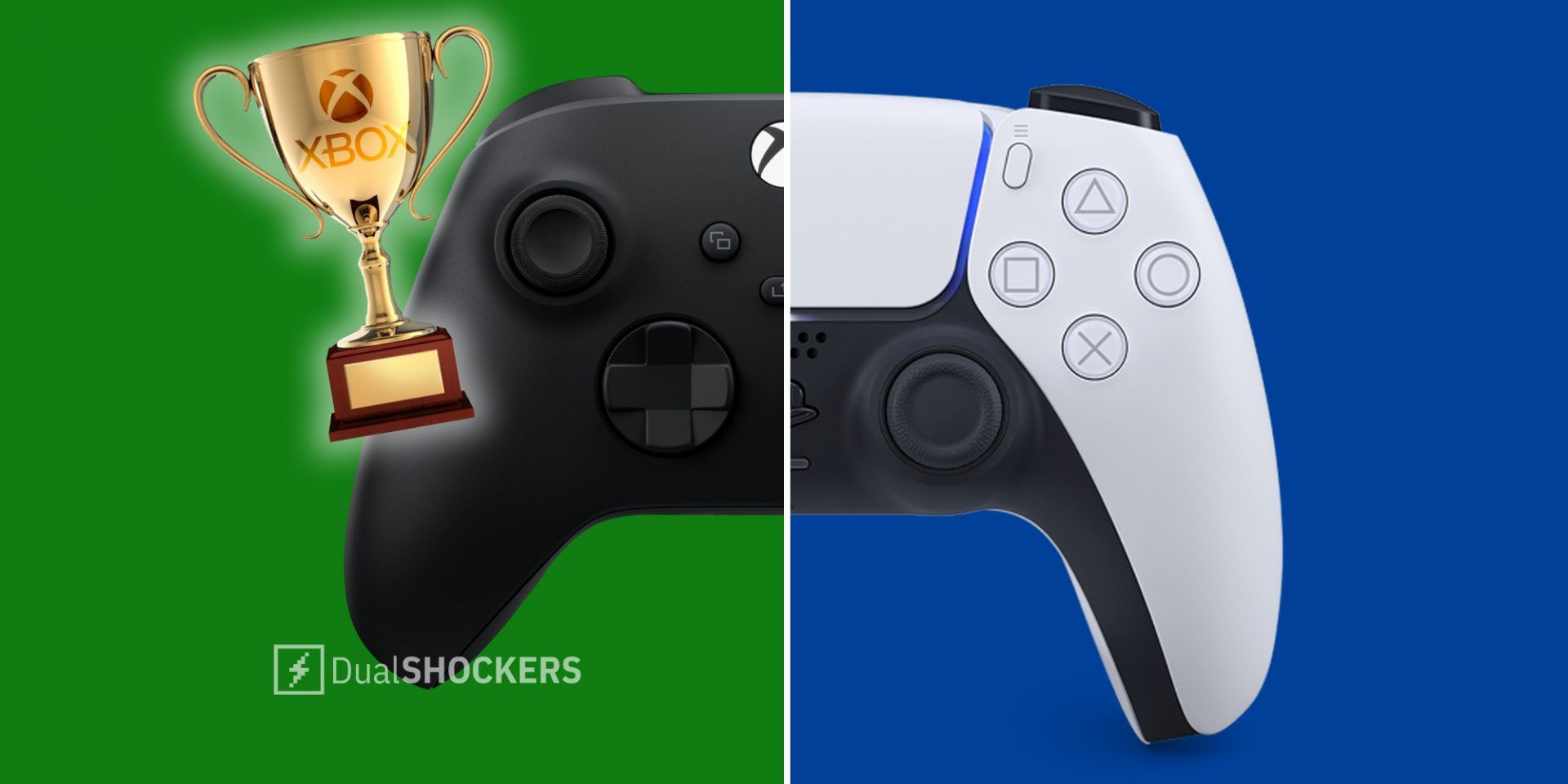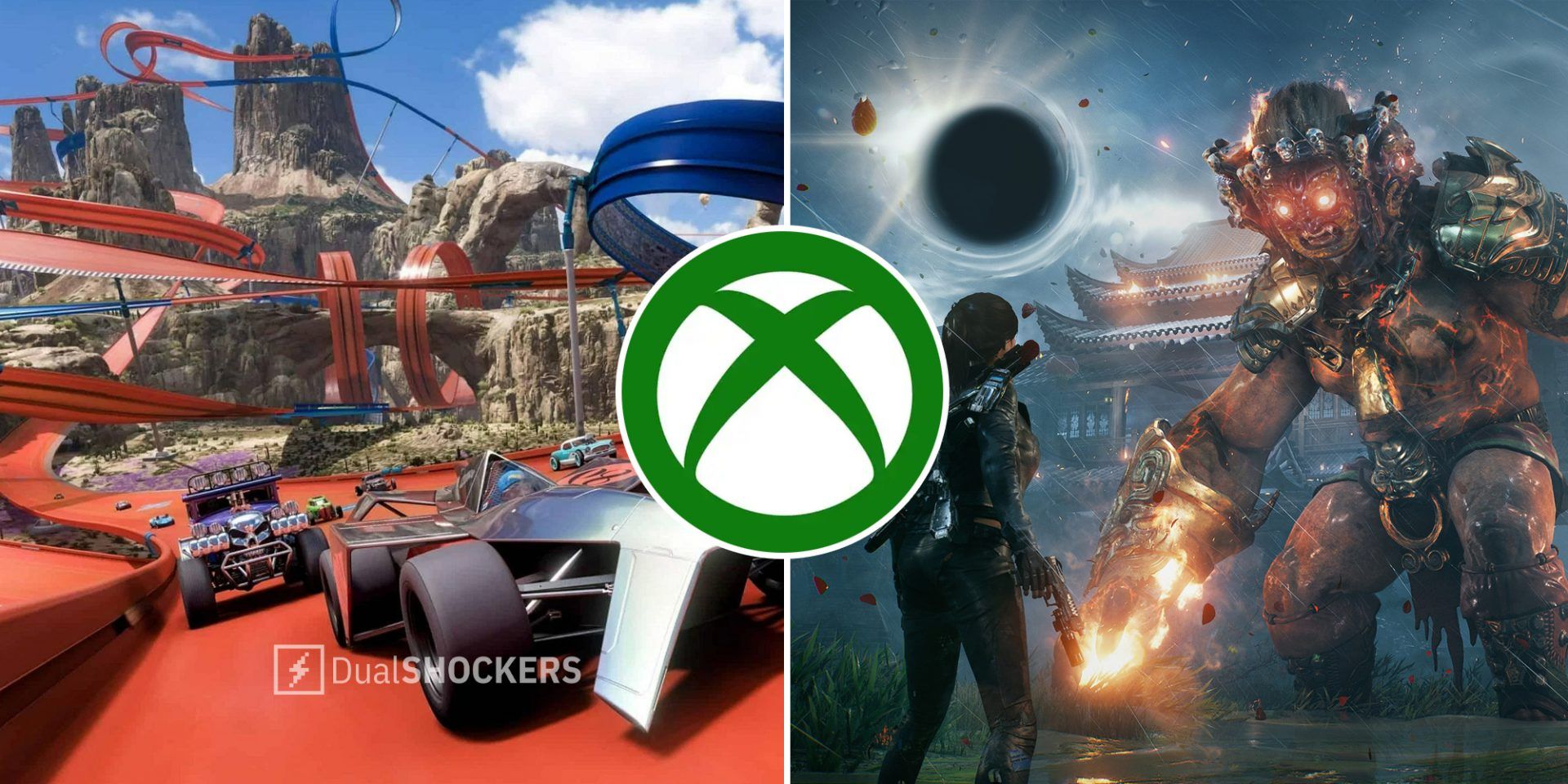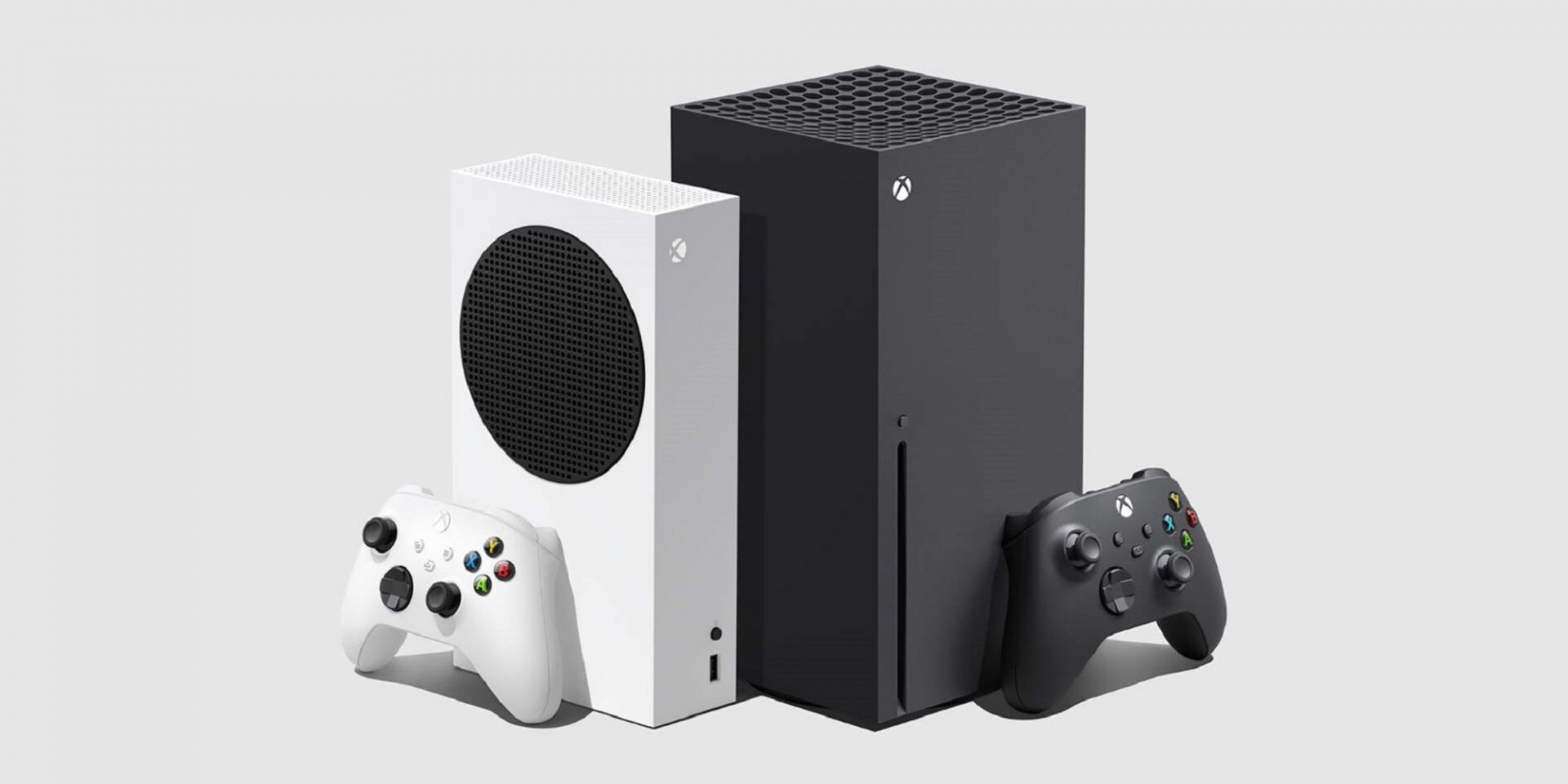How things can change in nine years. Back in 2013, the world seemed comparatively stable, or even dull. The global economy was plodding along fine, you could cough in public without anyone so much as batting an eyelid, and Microsoft had made such a dire cockup of its Xbox One reveal that it all but lost the console before it had even started.
Fast forward to 2022, and it feels like the world is on the verge of imploding, but there is a silver lining, and that is Microsoft: the champions of the people, the all-givers to the gamers, the company that's turned the Xbox and everything around it into not just a great gaming platform, but a trailblazing one, with its bold moves since 2013 forcing its rivals to constantly be adapting.
Ok, so I'm being obsequious for effect, but the point is that Microsoft and Xbox have had a positive impact on the industry in the past several years. I say this in the wake of Microsoft announcing that they're testing a new Family Plan for Game Pass, which will bring it a step closer to that 'Netflix of Gaming' dream by letting up to five people have separate accounts within a single subscription. The Family Plan will be a bit pricier than a regular subscription, but apparently it will be much cheaper than having five separate accounts.
Then there's the even bigger news that Microsoft is planning to make games people own from outside of the Xbox library available to play via cloud gaming (with recent news from VGC suggesting some of these early games may include GTA V and Elden Ring).
Constantly Microsoft is coming up with great-value systems for gamers, and constantly Sony is having to adapt, which means that they too are being forced to offer great value. Just look at Playstation Plus, which has only recently been redesigned to more closely resemble Microsoft's Game Pass offering.
Sony chasing Microsoft has become a running theme in recent years. The PS5 may still comfortably be ahead of the Xbox Series in terms of sales, but this is just the latest of many consumer-friendly moves of various sizes that have been forcing Sony to respond with their own equivalent offerings.
It began with the launch of the Xbox One backwards compatibility program back in 2015, which over the course of the next several years made hundreds of original Xbox and Xbox 360 games available to play on the Xbox One. It was a massive PR win for Microsoft; several years of regularly revealing that hit games like Red Dead Redemption, Halo, Gears of War, older games like Oblivion and Morrowind would be playable on the Xbox One at higher frame rates and resolutions was a great look for the company.
Suddenly, those beloved older games were no longer becoming deprecated, but . Bringing consoles a little closer to the luxury that PC gamers have enjoyed since the dawn of time, owning an Xbox One suddenly became a viable way to enjoy your older games as well as the latest ones. Backwards compatibility wasn't anything new, of course - in fact Sony did this from the PS2 to the early models of the PS3 - but it looked for a while like major games consoles had simply abandoned this player-friendly practice (yes, you could play Wii games on the Wii U, but we said major consoles - sorry).
- ALSO READ - Skyrim Mod Spotlight (August 2022)
Following the success of Microsoft's program, backwards-compatibility became the buzzword for the PS5 and Xbox Series launches in 2020, with both consoles offering it to some degree. Sony was forced to play catch-up, and even then it couldn't match Xbox which had had the head start. Where Xbox Series offered support for Xbox One games, as well as all the OG Xbox and 360 games it had already made playable on the Xbox One, the PS5 was restricted to PS4 games, while older games were only available via relatively restrictive cloud gaming.
Microsoft has made the console war about much more than just consoles.
Ever since then, Microsoft has been continually flexing its financial muscles in the gaming space. After the backwards-compatibility revolution, Microsoft began ramping up the value of Game Pass; it added Cross-Buy and Cross-Play to many of its games between Xbox and PC, then Game Pass came to PC in 2019 with the promise that all future first-party Xbox games would sim-launch on Game Pass on Day One.
We'll never know if Sony's steady rollout to PC of some of its most valuable first-party Playstation games since 2020 is a direct response to Microsoft going cross-platform, or if PlayStation Plus' recent revamp that just so happens to make the service more like Game Pass is actually anything to do with Game Pass. However, as long as Microsoft is making all the gamer-friendly moves first, then anything Sony does along similar lines is merely going to look like a response to it. Right now, Microsoft is the fleet-footed boxer dancing around the ring and firing off laser-precise jabs, while Sony is puffing itself out trying to keep up.
It's not often that a company in charge of a monopolistic gaming platform does something that's in the best interests of the gamer at its own expense. Now, I'm not saying Microsoft are doing this out of the goodness of their hearts; there's definitely a 'long game' here, and Sod's Law would have it that soon after this article Microsoft will announce a Netflix-style 50% price hike to Game Pass that pushes players away in droves. But for now, after years of really good moves that have reshaped the industry on their terms, it has to be said that Microsoft has 'done good.'



